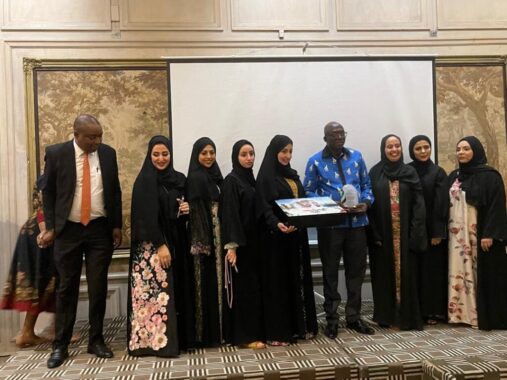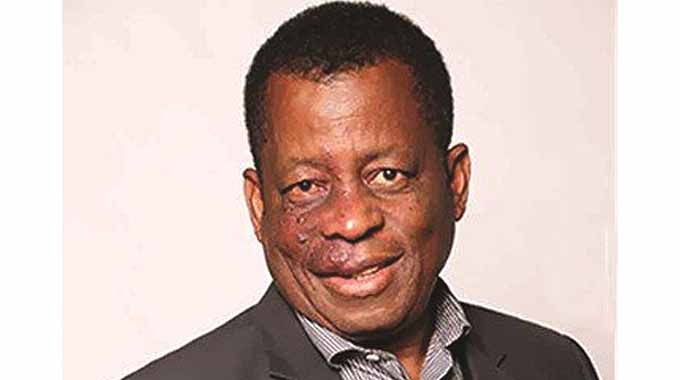CASH SHORTAGES . . . Minister urges businesses to embrace multi-currencies

Leonard Ncube in Victoria Falls
FINANCE and Economic Development Minister Patrick Chinamasa says businesses should support the multi-currency system to ease cash shortages resulting from the high demand for the United States dollar.
Zimbabwe has been plagued by cash shortages in the last few months forcing depositors to spend hours in bank queues, especially on pay days.
Some banks have reduced withdrawal limits to $100 per day with analysts warning this could negatively affect public confidence in the financial services sector.
Minister Chinamasa implored Zimbabweans to play their part in restoring economic stability and advised buyers and procurement professionals to demand invoices from international suppliers in other currencies other than the US dollar.
“As buyers do not look at personal gains at the expense of the nation. I would want to urge buyers and procurement experts to help restore the country’s multi-currency system,” he told buyers and procurement officers in Victoria Falls last week.
“The dominance of the United States dollar will continue to put pressure on our industry. Therefore demanding invoices from your international suppliers in other currencies such as rand or yuan will help reduce pressure on demand for the US dollar.”
The Minister encouraged procurement experts and businesses to adopt pricing models in other currencies including the rand, euros, pounds, and yuan among others in order to restore the multi-currency system.
“I know that procurement professionals have a huge say in pricing models. I would therefore want to implore you to closely interrogate these proposals for the benefit of our domestic industry and Zimbabwe at large,” he said.
Minister said the country cannot grow the economy without a robust industrial base, whose survival depends on all stakeholders including procurement professionals.
He said the Government remains committed to supporting domestic industry despite the challenges facing the economy in the face of sanctions, low levels of competitiveness, limited access to lines of credit due to debt overhang and influx of cheap imports.
Minister Chinamasa said Treasury would generate sufficient resources to support Government programmes if the economy grows sustainably with key economic players playing their part as well.
He challenged participants to brainstorm on how to help transform the country’s socio-economic fortunes through promoting effective and transparent procurement systems
The minister said some of the challenges he highlighted in the 2016 Mid-Year Fiscal Policy Review Statement such as low production levels, unsustainable fiscal and trade deficits as well as capital account deficit could be addressed by a having pro-development procurement system.
He added that the conference, which was organised by Chartered Institute of Procurement and Supply (CIPS), had come at a time when Zimbabwe was exploring ways of reducing the cost of doing business, which has seen the country being ranked 155 in the global ease of doing business.
“As you may know Zimbabwe hasn’t been faring well on the World Bank’s Doing Business rankings over the years. Our ranking improved from 171 to 155 following a number of administrative and legislative reforms that Government has implemented.
“We’re now targeting ranking around 100 by end of 2016 and we need to do more to achieve this particularly in public sector policies and procurement that continue to distort the cost of doing business,” he said.
The conference was held under the theme: “Driving value for money in procurement.”
@ncubeleon









Comments